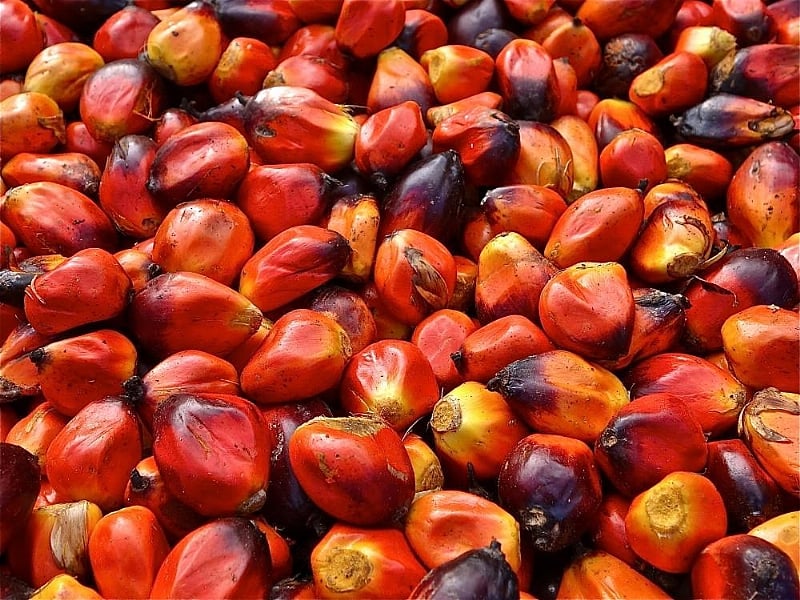Ghana’s dependence on palm oil imports has created a complex web of economic challenges, impacting local industries, consumers, and the overall market. Historically a major palm oil exporter, Ghana now imports approximately 70% of its palm oil needs, primarily from Malaysia, Indonesia, Ivory Coast, and Liberia. This reliance on external sources has left the nation vulnerable to global price fluctuations and currency depreciation, as evidenced by the $202 million spent on palm oil imports in 2022, placing Ghana as the 48th largest importer globally. The cedi’s depreciation has dramatically increased import costs, forcing local manufacturing companies dependent on palm oil to grapple with dwindling profit margins. This financial strain has led to a cascade of negative consequences, including reduced production, workforce reductions, and ultimately, increased prices for essential consumer goods like cooking oil and soap.
The government’s well-intentioned but arguably ill-timed ban on road imports of palm oil has further exacerbated the supply chain issues. By forcing importers to rely solely on sea freight, transportation costs have escalated, placing additional pressure on already struggling businesses. While the ban aimed to curb smuggling and potentially bolster local production, it has inadvertently contributed to the rising cost of goods, impacting consumers who are now forced to adopt cost-saving measures like purchasing smaller quantities of oil. This shift in consumer behavior highlights the increasing financial burden faced by ordinary Ghanaians due to the volatile palm oil market.
The irony of Ghana’s current predicament is underscored by its historical role as a leading palm oil exporter, even serving as a model for countries like Malaysia, which now dominate the global market. Today, Ghana’s domestic palm oil production is insufficient to meet industrial demand, with local production primarily focused on small-scale, often low-quality edible oil. This discrepancy in quality between locally produced and imported palm oil further limits the ability of Ghanaian industries to utilize domestic sources, perpetuating the reliance on imports and exacerbating the economic vulnerabilities associated with it.
The quality disparity within Ghana’s domestic palm oil production stems from several factors, including outdated processing techniques, limited access to improved seed varieties, and inadequate investment in the sector. The small-scale nature of many palm oil operations makes it difficult for them to achieve the economies of scale and quality control necessary to compete with larger international producers. This results in a significant portion of locally produced palm oil being unsuitable for industrial use, both domestically and internationally, further entrenching Ghana’s dependence on imports.
The confluence of these challenges paints a bleak picture for Ghana’s palm oil-dependent industries. If the current economic climate, characterized by currency depreciation and escalating import costs, persists, more companies face the threat of closure. This potential wave of business failures carries significant implications for job security and the overall economic well-being of the country. The ripple effect of reduced production and potential job losses could exacerbate existing economic hardships, further impacting consumer spending and potentially hindering economic growth.
Adding to the complexity of the situation is the persistent problem of palm oil smuggling. Traders utilizing unapproved routes bypass official import channels, undermining legitimate businesses and depriving local producers of a significant market share. It is estimated that smuggling deprives local producers of over 600,000 metric tons of potential vegetable oil production monthly. This illegal activity not only exacerbates the challenges faced by local businesses but also undermines government efforts to regulate the market and generate revenue through legitimate import channels. The combination of these factors underscores the urgent need for a comprehensive and sustainable solution to address Ghana’s palm oil crisis.














